- WEIGHT MANAGEMENT –
Joints help in the proper movement of the legs as we all know, our body weight does play an important role in the movement. How?
The weight of the body is borne by the joints, and excess weight causes more strain on the joints. If your dog suffers from a Rheumatoid Arthritis problem, the joint is already tired and a bit sick as well. Due to excessive weight, the joints get more tired and strained out, causing more problems.
To ensure that your pet is not overweight as it may add to the burden or stress of joints and the joint movements can be hampered, you can consult your vet for weight management protocols, feed exercises, etc, which can ensure your pet is fit and fine.
- SUPPORTIVE CARE –
Swimming, gentle massages, walking slowly, and leg/joint support belts are great ways to stimulate your pet’s joints and aid in movement.
We need to stimulate the joints and not let our pets be dull as it may take a mental toll on them. Health does mean not only physical health but also mental health. And for that, take your pets for walks, although short, take them swimming to stimulate the legs and joints.
Physiotherapy is also one of the ways through gentle massages and movements. The joint can be very well managed along with apt and proper medical treatment.
This disease is a unique one, and through proper care and management, one can manage this disease and give your pet the best life that they truly deserve.
Do check out our product INFLASULE for Pets. This INFLASULE Formulation was developed by a renowned veterinarian in India after long consultations with homeopaths and trials of different medicine in field conditions for years.
There’s nothing to worry about as this condition is easily manageable with prompt treatment and supportive care. Here’s to our pets. Let’s run again!
HAPPY PET, FOR A HAPPY YOU.
Homeopathic Solution For Joint pain Issues in Dogs and Cats
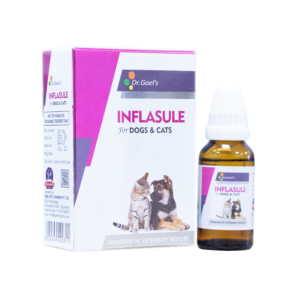
INFLASULE for pets is an excellent remedy in treating inflammation of joints, lameness, shifting pain due to swelling of joints (LYME DISEASE) associated with fever and anorexia, inflamed eyes of any reason or pain in the joints as in the case of arthritis.

DERMISULE For All Kinds of Skin Issues in Pets:
DERMISULE for pets is the best remedy for dogs suffering from different skin conditions like eczema, allergies, rashes, lesions with hair loss, redness, dry, scaly, pus, or bloody discharge. Specific or general lesions or spots as in Mange disease can also be improved.
Me & My SKIN & COAT Pet Supplement is a peerless medicine for our pet’s skin and coat. It helps reattain natural skin and coat after injuries, chaps, cracks, scaly eruptions, or any acute skin lesion in pets. It is highly recommended to treat hair fall for any reason.
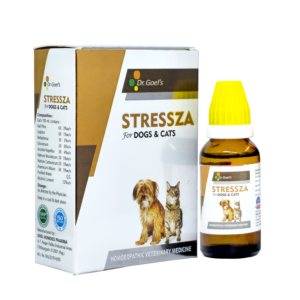
STRESSZA FOR PETS STRESS AND ANXIETY
STRESSZA for pets is an excellent remedy for treating Anxiety, Stress, and Canine Distemper. When your fur baby is unanimously scratching, barking, hiding behind, feeling anxious, eating nothing, even sometimes behaving wild or attacking unknowingly, etc. these all symptoms may be due to Anxiety and Stress or due to various causes of Canine Distemper. We have the best solution to all your problems, We have STRESSZA is a unique homeopathic veterinary formulation to relieve stress in pets.
Stressza for pets works for Stress due to Traveling, Crackers in Festive Season, Fighting with stray dogs, Home alone, Visiting Hospital for Vaccination, etc.

This is a unique supplement for pets experiencing extreme lassitude (inactiveness), depression, nervousness, irritability, hysterical behavior, night terror, insomnia, and other related symptoms.
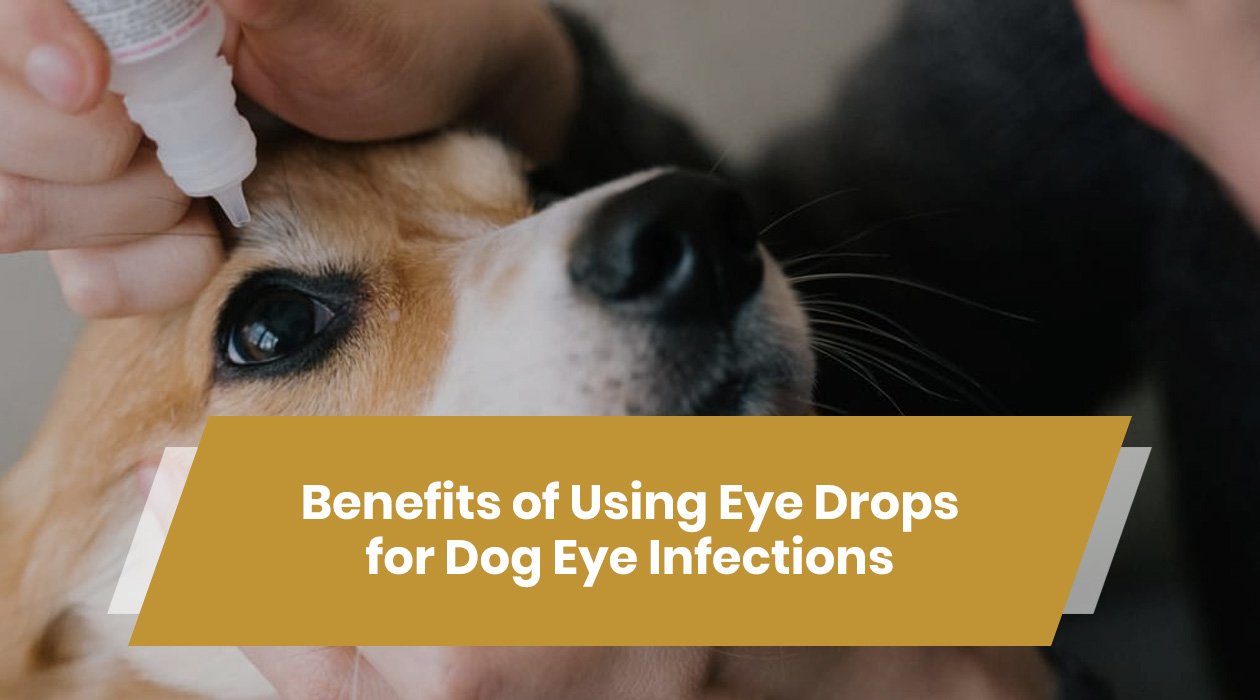
 Australian Shepherd
Australian Shepherd Beagle
Beagle Belgium Shepherd
Belgium Shepherd Bernese Mountain Dog
Bernese Mountain Dog Border Collie
Border Collie Boxer
Boxer Bulldog
Bulldog Cavalier King Charles Spaniel
Cavalier King Charles Spaniel Chihuahua
Chihuahua Cocker Spaniel
Cocker Spaniel Dachshund
Dachshund Doberman Pinscher
Doberman Pinscher Dogo Argentino
Dogo Argentino French Bulldog
French Bulldog German Shepherd
German Shepherd Golden Retriever
Golden Retriever Great Dane
Great Dane Himalayan Shepherd
Himalayan Shepherd Indie Dogs
Indie Dogs Labrador Retriever
Labrador Retriever Pakistani Bully
Pakistani Bully Pembroke Welsh Corgi
Pembroke Welsh Corgi Pitbull
Pitbull Pomeranian
Pomeranian Poodle
Poodle Pug
Pug Rottweiler
Rottweiler Shih Tzu
Shih Tzu Siberian Husky
Siberian Husky Yorkshire Terrier
Yorkshire Terrier Australian Shepherd
Australian Shepherd Beagle
Beagle Belgium Shepherd
Belgium Shepherd Bernese Mountain Dog
Bernese Mountain Dog Border Collie
Border Collie Boxer
Boxer Bulldog
Bulldog Cavalier King Charles Spaniel
Cavalier King Charles Spaniel Chihuahua
Chihuahua Cocker Spaniel
Cocker Spaniel Dachshund
Dachshund Doberman Pinscher
Doberman Pinscher Dogo Argentino
Dogo Argentino French Bulldog
French Bulldog German Shepherd
German Shepherd Golden Retriever
Golden Retriever Great Dane
Great Dane Himalayan Shepherd
Himalayan Shepherd Indie Dogs
Indie Dogs Labrador Retriever
Labrador Retriever Pakistani Bully
Pakistani Bully Pembroke Welsh Corgi
Pembroke Welsh Corgi Pitbull
Pitbull Pomeranian
Pomeranian Poodle
Poodle Pug
Pug Rottweiler
Rottweiler Shih Tzu
Shih Tzu Siberian Husky
Siberian Husky Yorkshire Terrier
Yorkshire Terrier Abyssinian
Abyssinian American Bobtail
American Bobtail American Shorthair
American Shorthair Balinese Cat
Balinese Cat Bengal Cat
Bengal Cat Birman
Birman Bombay Cat
Bombay Cat British Longhair
British Longhair British Shorthair
British Shorthair Burmese Cat
Burmese Cat Devon Rex
Devon Rex Exotic Shorthair
Exotic Shorthair Himalayan Cat
Himalayan Cat Maine Coon
Maine Coon Oriental Shorthair
Oriental Shorthair Persian Cats
Persian Cats Ragdoll
Ragdoll Scottish Fold
Scottish Fold Siamese Cat
Siamese Cat Siberian Cat
Siberian Cat Sphynx Cat
Sphynx Cat





































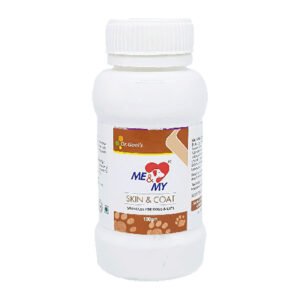




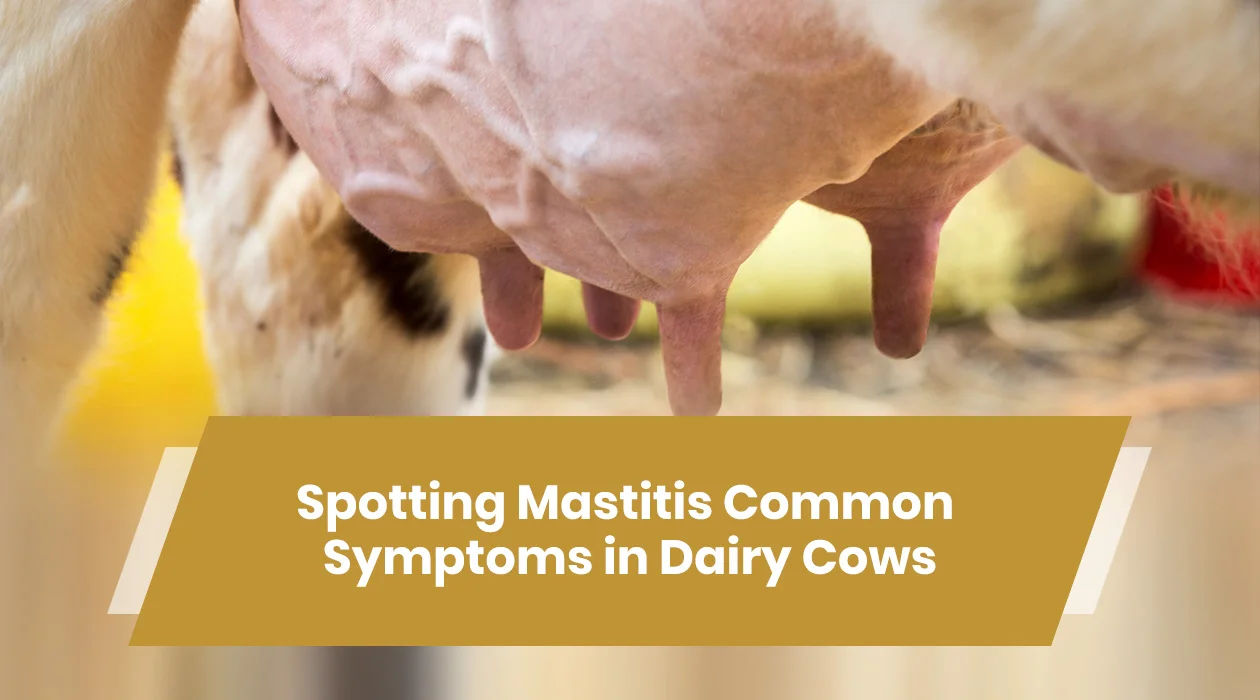
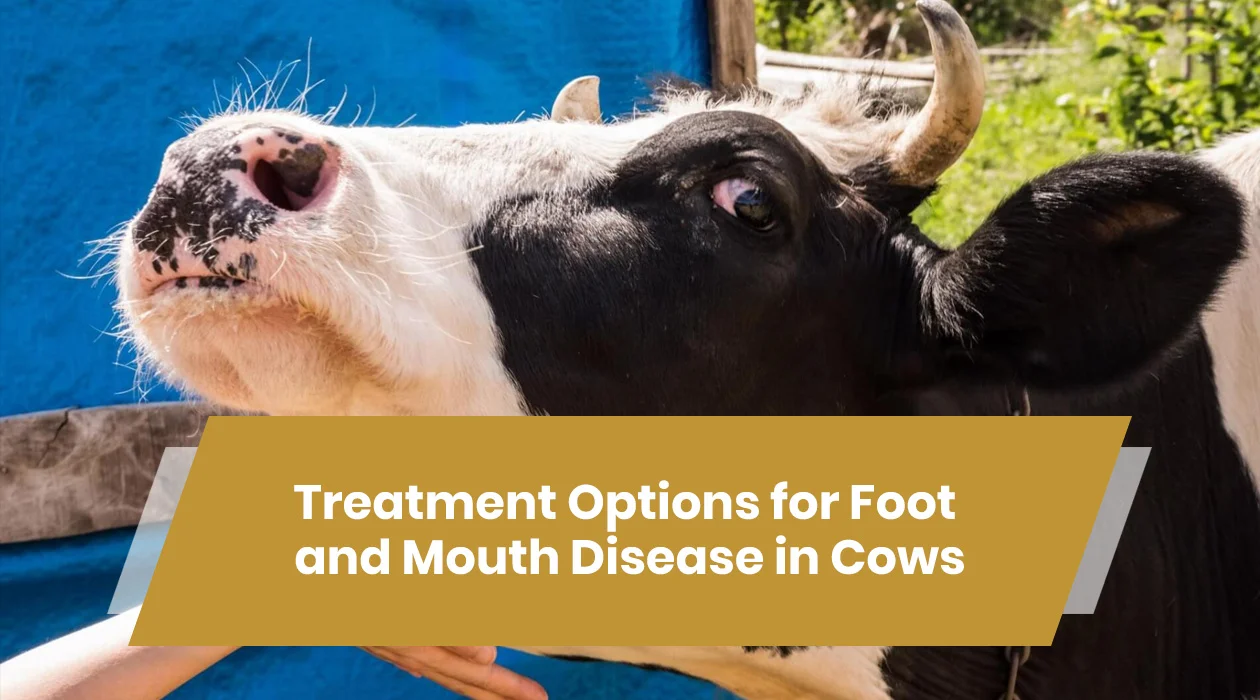



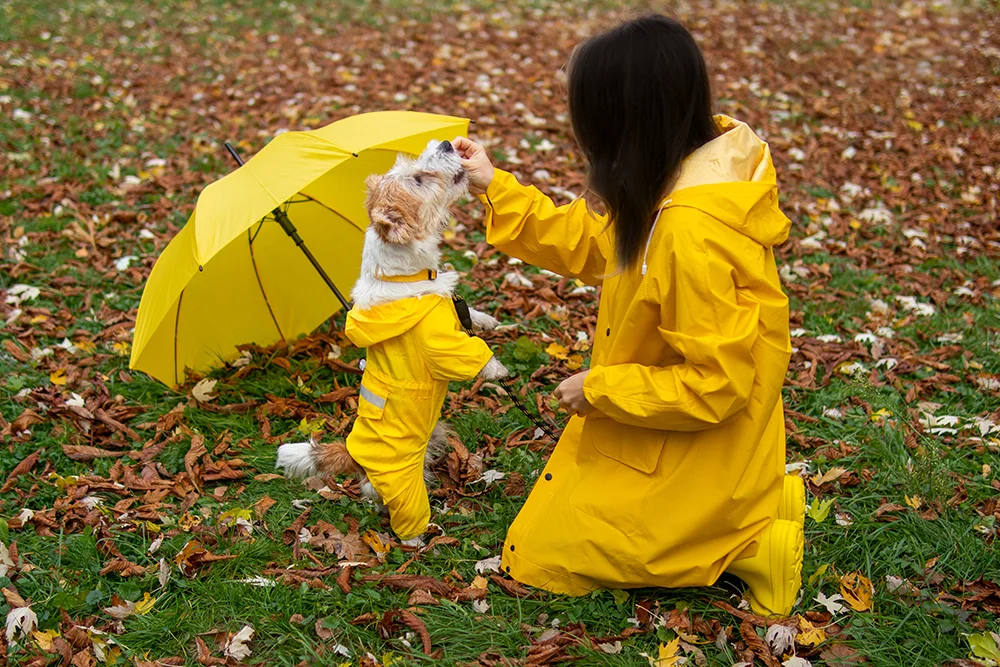
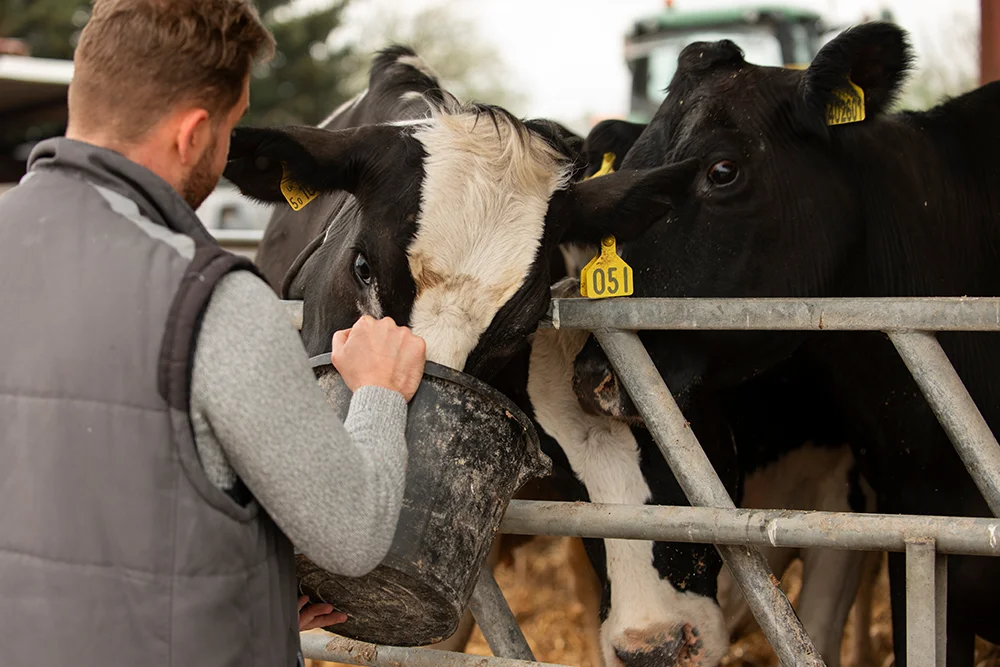

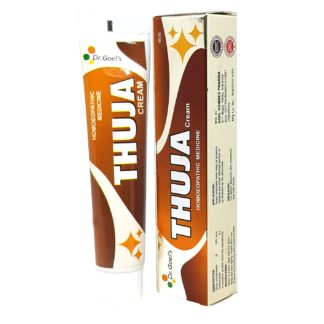
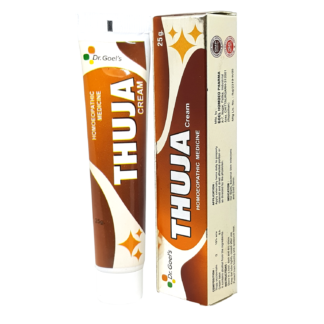

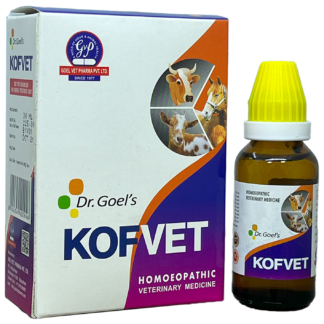
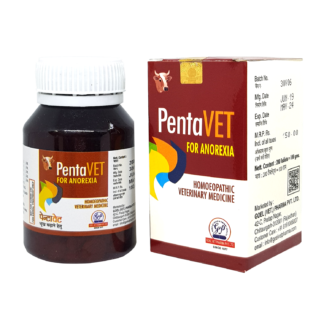
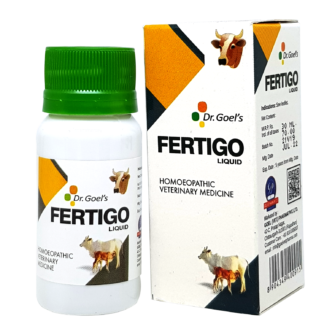
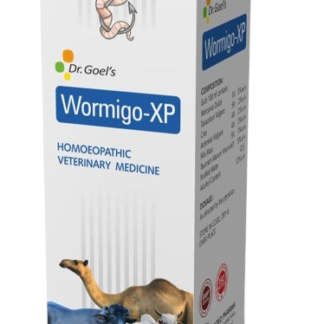




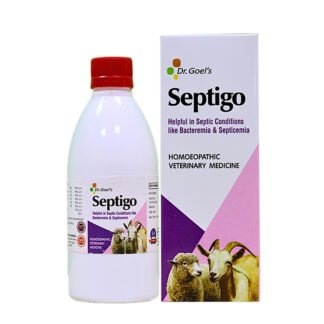


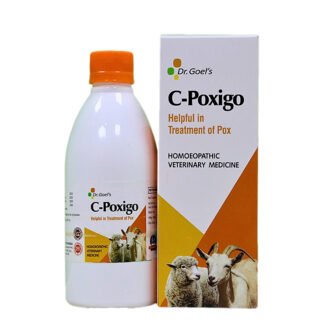
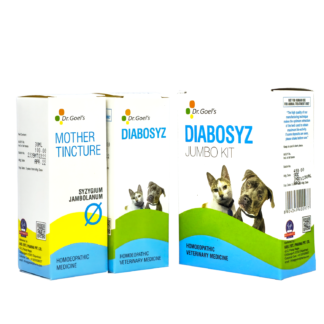
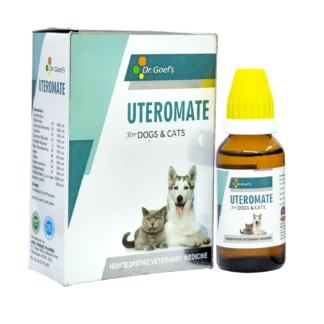
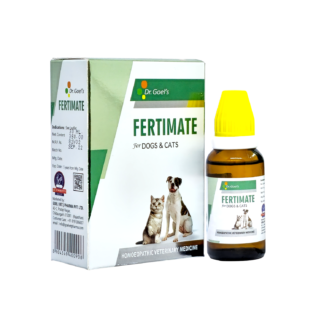
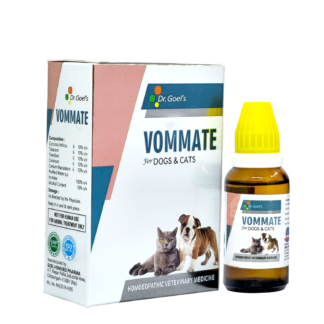
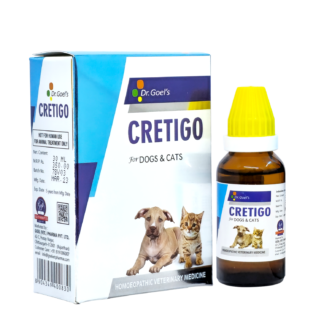
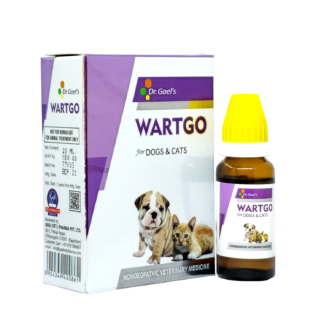

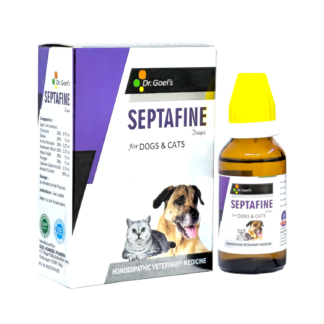

1 thought on “Let’s Run Again! – Faq’s Treatment And Management Of Rheumatoid Arthritis.”
[…] Rheumatoid arthritis in pets is a disease that affects your dog’s joints, making it harder for him to walk or run, and causing him to avoid going on walks. Running has become an issue. Normal walks are weird since your dog is hesitant to walk for long periods of time and appears to be bored. […]